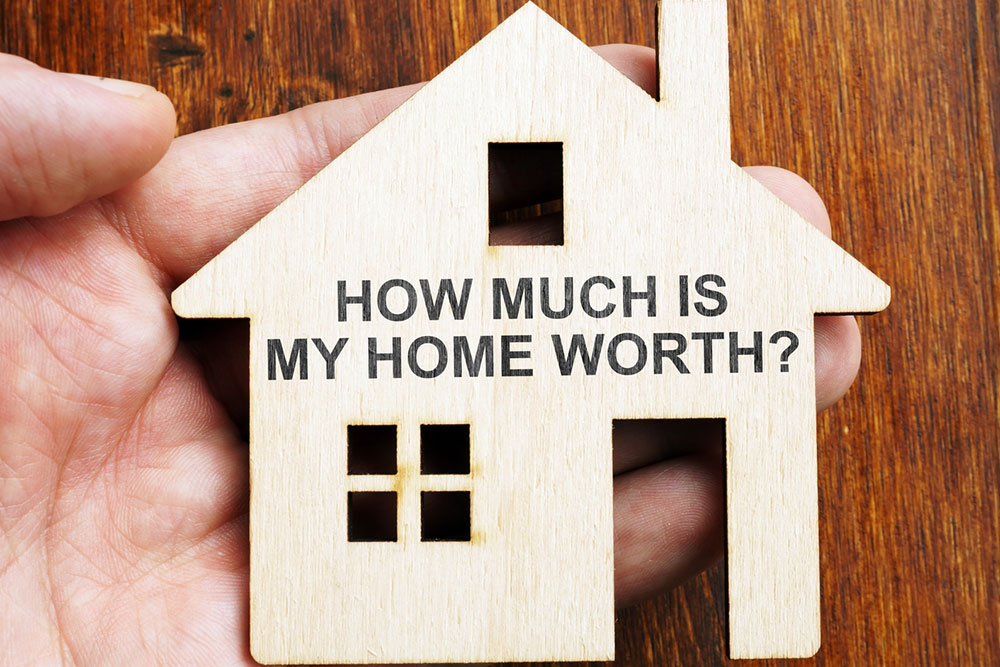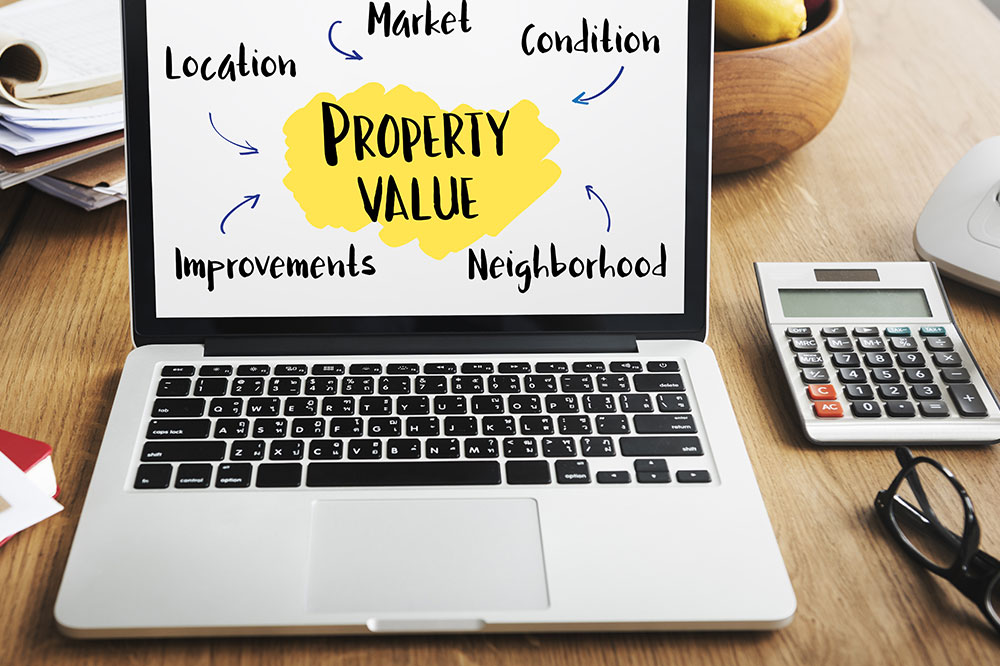Comprehensive Guide to Determining Your Home's Market Value for Sellers and Buyers
Discover detailed strategies to accurately assess your home's market value, whether you're selling or refinancing. Learn how to analyze local market data, consult professionals, use online tools, and combine methods for reliable estimates. This guide ensures you set the right price, attract buyers, and make informed decisions in the competitive real estate market.

Comprehensive Guide to Determining Your Home's Market Value for Sellers and Buyers
When you are considering selling or refinancing your property, understanding its true market value is crucial. An accurate assessment helps you set a competitive asking price, attract potential buyers, or secure the best refinancing terms. Knowing your home's current worth can also facilitate smarter financial decisions and planning for the future. However, pinpointing an exact value isn’t straightforward, as several factors and estimation methods come into play. By exploring different valuation strategies, homeowners and buyers can arrive at a well-informed estimate that reflects the real estate market’s dynamics.
Essential Factors Impacting Your Home’s Market Price
To accurately evaluate your property, it’s vital to consider multiple aspects that influence its value. These factors include:
Location of the property: Neighborhood quality, proximity to amenities, schools, and transportation.
Size and layout: Square footage, number of bedrooms and bathrooms, and overall floor plan design.
Property condition: Maintenance level, recent upgrades, and overall aesthetic appeal.
Age of the property: Newer homes may command higher prices, but historic charm can also be a selling point.
Accessibility to local facilities: Shopping centers, hospitals, parks, and entertainment venues.
Transportation options: Public transit availability and major commuting routes.
School district quality: Highly-rated schools can significantly boost property value.
Flood risk and environmental hazards: Especially relevant in regions prone to flooding or subsidence.
Crime rates: Safer neighborhoods tend to have higher property values.
Potential subsidence or structural issues: Soil stability and foundation concerns.
Understanding these factors helps homeowners and buyers create a realistic range for the property’s worth. Multiple methods are available to arrive at an accurate estimate, each with its strengths and limitations.
1. Consult with Experienced Local Real Estate Agents
Real estate agents are invaluable resources for accurate property valuations due to their deep knowledge of local markets. They analyze recent sales data, market trends, and the specific features of your home. Engaging multiple reputable agents allows you to gather a variety of professional opinions, helping you better understand your home's potential market value. Their insights also consider buyer preferences and current demand, which are essential for setting a competitive price.
2. Analyze Recent Sales Data of Comparable Homes
Reviewing recent sales within your neighborhood provides a practical benchmark. Focus on properties that are similar in size, condition, age, and amenities, sold within the last six months. Data sources such as estate agency websites, land registry records (in England and Wales), and direct inquiries to local agents can help compile this information. This comparative market analysis offers a realistic snapshot of what buyers are currently willing to pay, guiding you toward an appropriate asking price.
3. Use Online Property Valuation Tools for Quick Estimates
Several free online valuation platforms are available to estimate your home's worth rapidly. These tools analyze inputs like location, property size, number of rooms, and recent sales data to generate an approximate value. While these estimates are convenient and cost-effective, they should be used as a starting point rather than definitive figures. Cross-referencing online results with other valuation methods can lead to a more accurate understanding.
4. Hire Certified Property Surveyors for Expert Evaluation
For a thorough and credible assessment, employing a licensed surveyor is highly recommended. Surveyors evaluate physical condition, legal considerations, and market comparables to produce a comprehensive property valuation report. Certified surveyors, especially those accredited by recognized organizations like RICS, provide confidence in the accuracy of the appraisal. This detailed valuation is particularly useful when preparing to sell, ensuring you price your home correctly and avoid undervaluing or overpricing it.
5. Combine Multiple Valuation Strategies for the Most Reliable Estimate
Relying on a single method may not always yield an accurate valuation. A more reliable approach involves integrating several techniques to establish a well-rounded estimate. Comparing recent sales (comparative market analysis), estimating rental income potential (income approach), calculating based on land value plus depreciation (cost approach), and professional appraisals together help you determine a realistic price range. This holistic strategy is especially effective for typical family homes in urban or suburban areas, providing a balanced view that accounts for various market influences.
Comparative Market Analysis (CMA): Looks at recent sales of similar properties.
Income Approach: Estimates value based on potential rental income, useful for investment properties.
Cost Approach: Calculates value by adding land cost to building depreciation.
Professional Appraisal: Provides an authoritative and detailed valuation by licensed experts.
By following these comprehensive strategies, homeowners and buyers can confidently determine their property’s market value. Equipped with accurate data and insights, they can negotiate better deals, avoid overpayment, and ensure a profitable sale or purchase. Staying informed about market fluctuations and local conditions will further improve valuation accuracy, making the home selling or buying process more predictable and successful.




